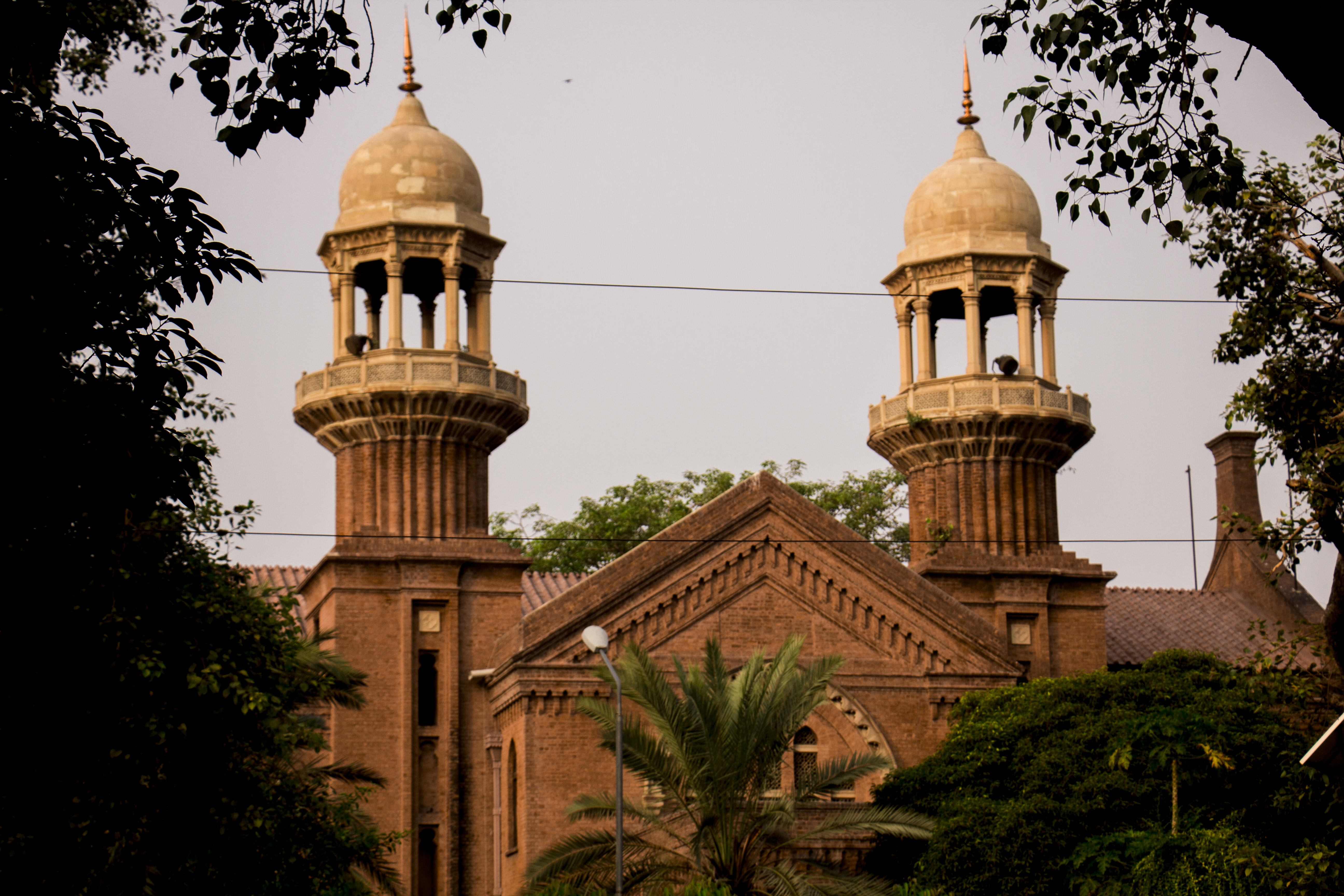Once more, the Lahore High Court (LHC) displayed a resolute stance on Tuesday, this time directed towards the lawyers representing the Pakistan Tehreek-e-Insaf (PTI) leader, over the submission of documents bearing forged signatures.

In a division bench of the LHC led by Justice Aalia Neelum, skepticism was raised regarding the commitment of former Prime Minister Imran Khan’s legal counsel. Consequently, the court denied the lawyer’s request for access to police records to verify the documentation of Imran’s arrest.
Back in February of this year, Justice Tariq Saleem Sheikh had called for Imran’s presence to authenticate his signatures on three documents that had been presented by his legal representatives. These documents were found to contain counterfeit signatures.
Justice Aalia presided over a civil miscellaneous application, which sought expedited proceedings in a case where PTI had contested the rejection of its chairman’s bail in seven cases, all stemming from his arrest, including one related to the Jinnah House attack.
As the proceedings got underway, the judge expressed doubts about the conduct of the lawyer representing Imran. She inquired, “Where is the lawyer?” Advocate Sikandar Zulqarnain informed the court that the lawyer was currently in Islamabad attending some other legal proceedings and also serving as Imran’s counsel in certain cases.
The judge then probed further, asking, “Where is your power of attorney?” To this, she pointed out, “Your signatures on the power of attorney are not genuine.”
Advocate Sikandar explained that he had personally signed on three cases, while his clerk had signed on three others. In response, Justice Aalia remarked, “When you don’t have the time, why do you initiate legal proceedings? You should consider the seriousness of the matter when a case is initiated by one person and argued by another.”
The lawyer assured the court that all the relevant documents would be provided by the next hearing and requested the court to obtain the case record to ascertain whether Imran’s arrest had been officially documented.
However, the judge responded, “Such an order will only be issued when there is a lawyer present in this court.”
Consequently, the court set a deadline of October 25 for the submission of all relevant documents. In February, Justice Sheikh had noted disparities in the signatures of Imran when his protective bail application, concerning a protest outside the Election Commission of Pakistan (ECP), was filed. He had criticized PTI’s legal representative for allegedly deceiving the court by presenting documents with forged signatures, which included a petition, an affidavit, and a power of attorney.
The judge had expressed his intention to issue a contempt notice to either Imran or his counsel for misleading the court. However, he summoned the PTI Chairman himself to confirm the authenticity of the signatures on the mentioned documents, to which Imran had claimed no knowledge and tendered an apology.








Leave a Comment